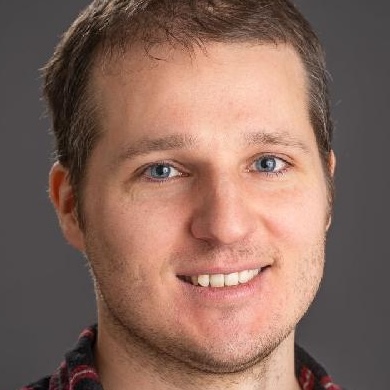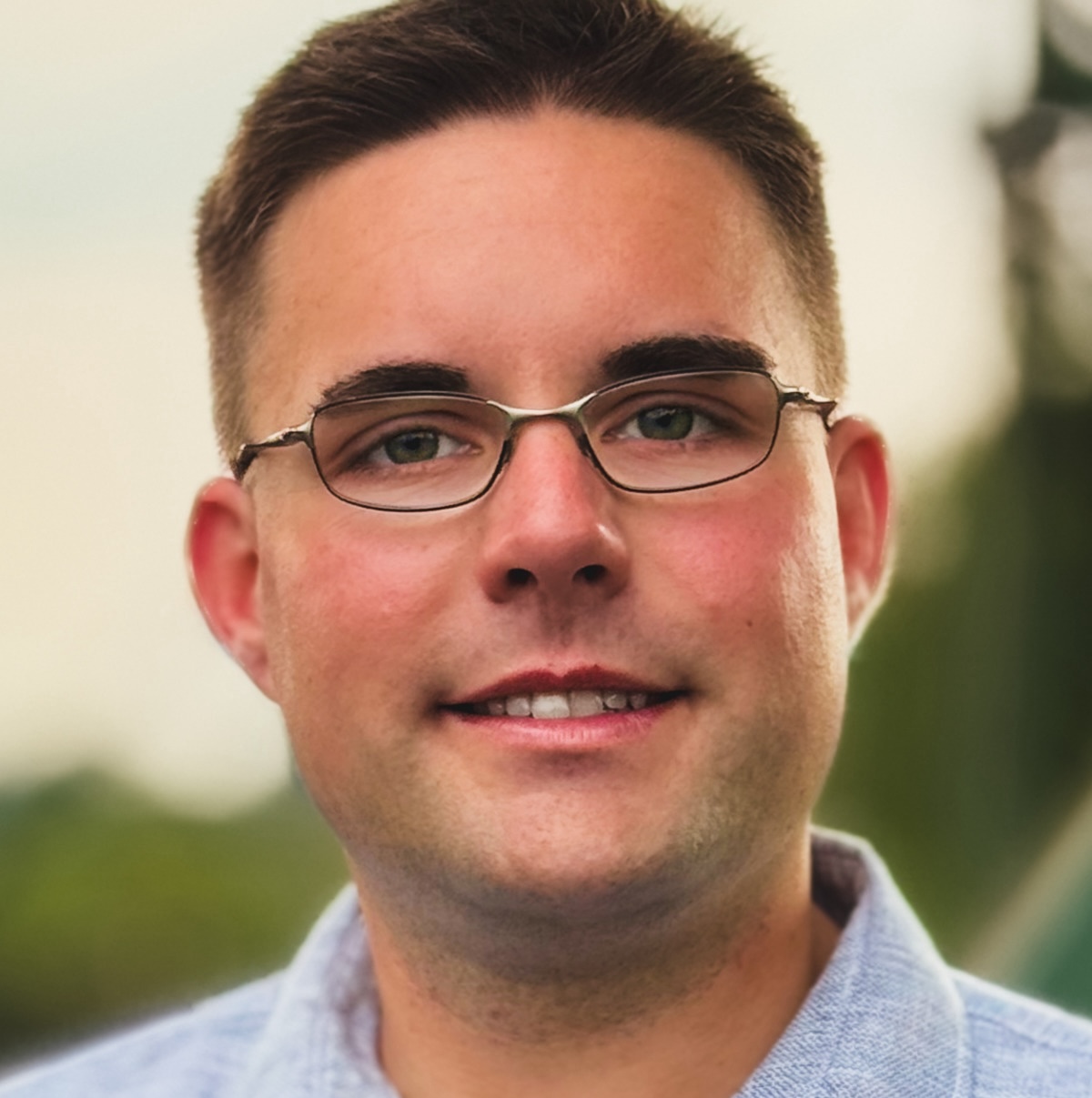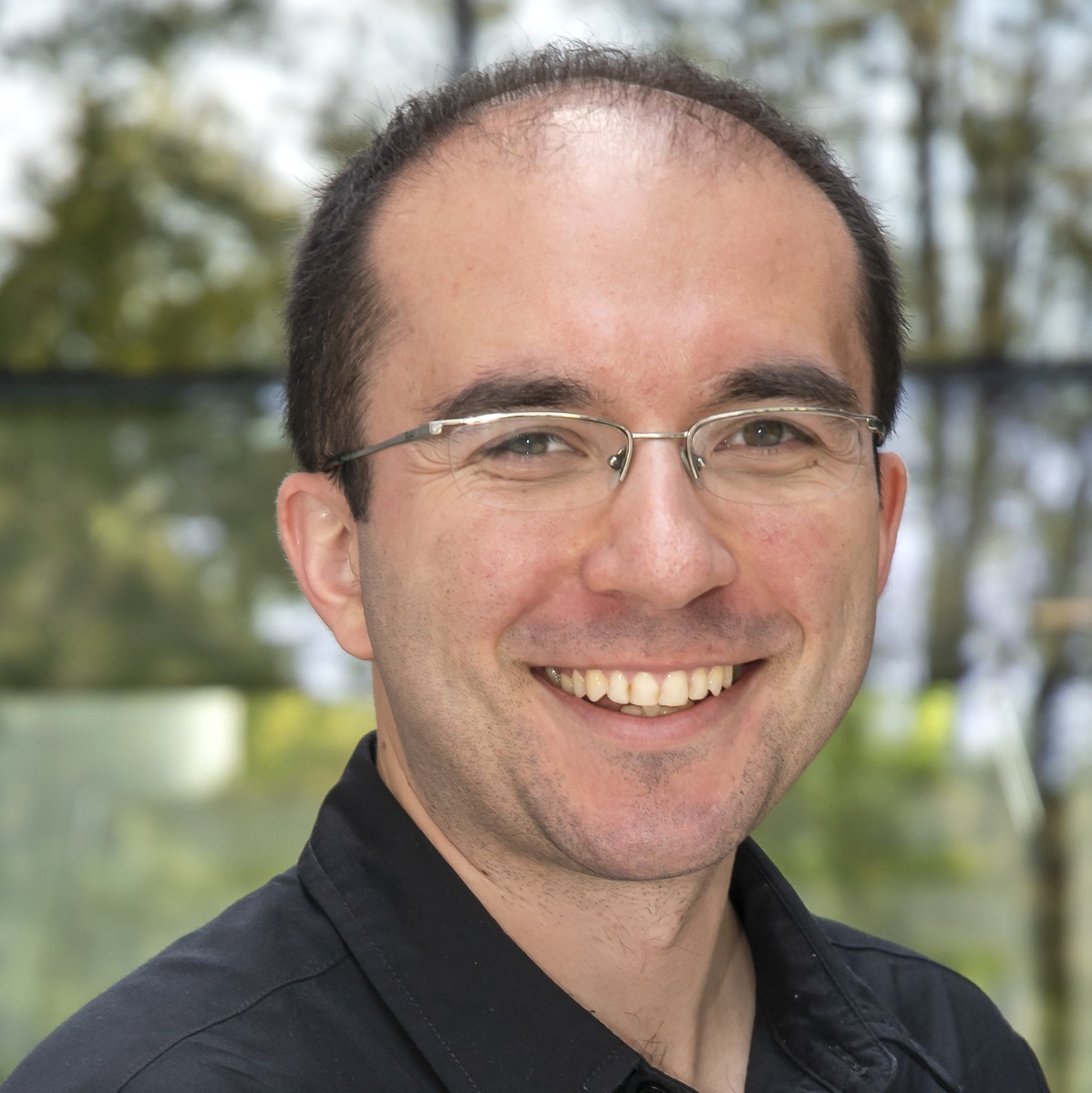Smartlab university
The smartlab university develops and provides continuous learning programs in and around smartlabs. ranging from the online lectures in our smartlab.lecure series over Web- and Video-turorials to Hackathons.
Talks
IUTA Duisburg
StreamFind, an innovative data processing workflow designer
Ricardo Cunha
Opentrons Labworks
How to bring Lab Automation into the classroom.
Kennedy McDaniel
Center for Life-Science Automation
Automation Strategies or how to find the right Concept for your Automation Project?
Kerstin Thurow
University Greifswald
Semantics, knowledge Graphs and Labautomation
Mark Doerr
EPFL Lausanne
On the use of algorithms in an automated lab
Pascal Mieville
pharmb.io
Three Years of Cell Painting Automation in the pharmbio robotlab

Dan Rosen
An outline of the systems can be found on our github: robotlab
transMIT
Nachhaltigkeit und Tierschutz
Leon Budde
Smartlab.Network
Vision and Perspective
Tim Meyer
TechkIT
Platform approach for LabProcess Digitalization

Marc Porr
Highlights:
• No-Code Workflows: Simple process digitization through graphical interfaces
• Forming a clear Interface between IT- and lab-experts to foster integration of lab devices from different manufacturers
• Flexibility to integrate with ERP, LES, LIMS, etc. as well as BPMN-Engines or schedulers
• Data-acquisition for data-science driven analysis
• Solving the infrastructure-problem: sophisticated IT- and software development with a cloud-based infrastructure for managing and scaling lab processes
School of Life Sciences at FHNW
Teaching Laboratory Automation and Digitalization at FHNW

Stefan Gaugler and Johannes Mosbacher
Albstadt-Sigmaringen University
Voice User Interfaces and Introduction of Laboratory Automation in Research

Prof. Dr. Thole Züchner
Prof. Dr. Thole Züchner
University of Toronto
Learning to Plan and Perceive for Task and Motion Planning

Florian Shkurti
The first lecture in our webinar series.
From Data to Discovery: Overcoming Digital Challenges in Drug Development

Patrick Courtney
This month’s event in the lecture series, entitled “From Data to Discovery: Overcoming Digital Challenges in Drug Development”, is organised in collaboration with the SiLA Consortium and Oxford Global and will be moderated by Dr Patrick Courtney (Director of SiLA). Our guest speakers for the event are Abhishek Choudhary, Rekha Lakshmanan and Burkhard Schaefer.
The second lecture in our webinar series.
Breaking Silos: The Power of Collaboration in Accelerating Innovation

Patrick Courtney
This month’s event in the lecture series, entitled “Breaking Silos: The Power of Collaboration in Accelerating Innovation”, is organised in collaboration with the SiLA Consortium and Oxford Global and will be moderated by Dr Patrick Courtney (Director of SiLA). Our guest speakers for the event are Alain Martelli and Mark Doerr.
